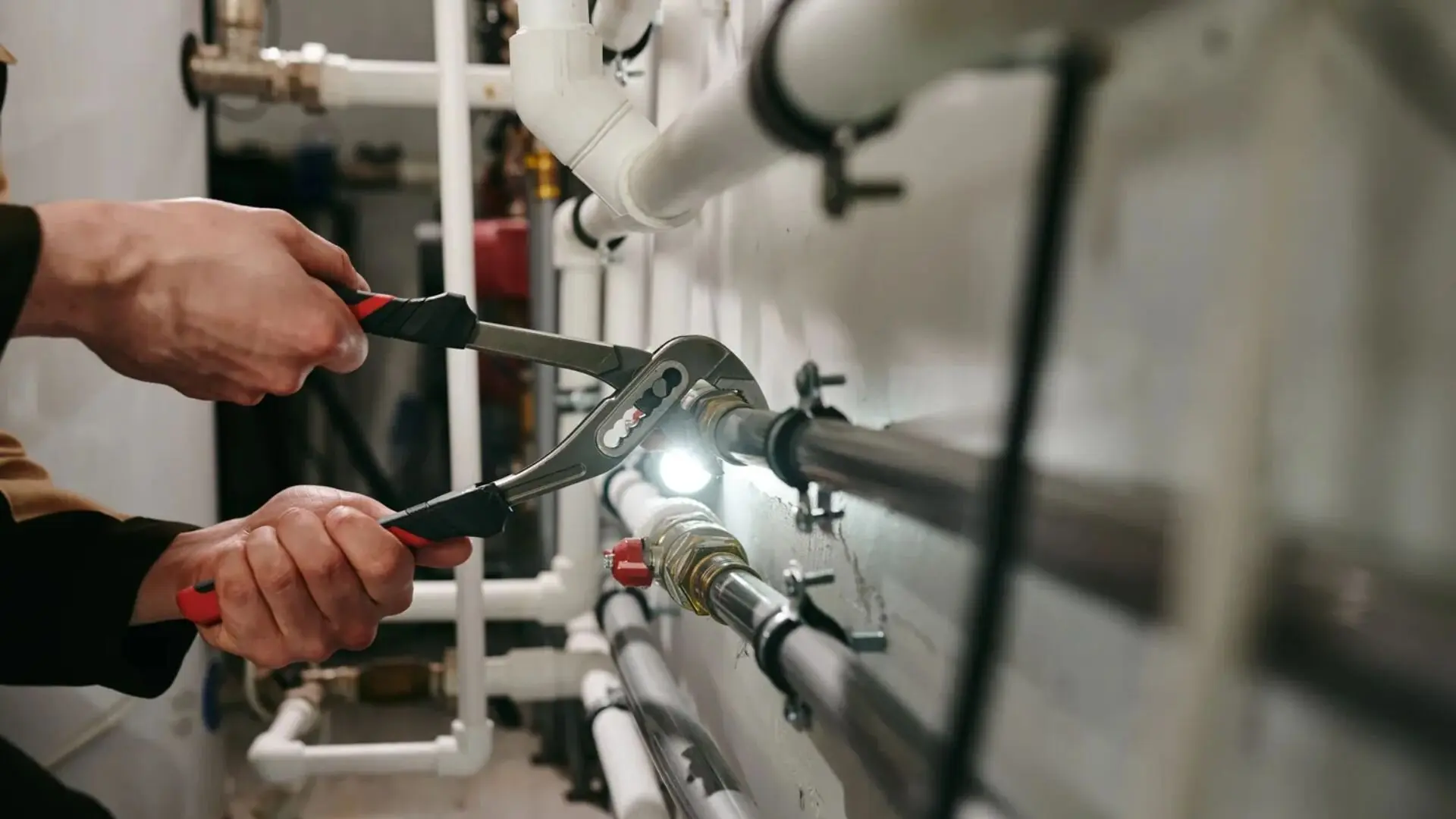Understanding Basic Plumbing Systems
For most homeowners, the plumbing system is a mysterious labyrinth, enabling the seamless water flow in and out of your house. This intricate network comprises two subsystems: one that brings freshwater in and another that disposes of wastewater. Understanding the basics of these systems is crucial for maintaining a well-functioning home. Knowing the layout and function of your plumbing fixtures isn’t just an exercise in home maintenance — it’s your first step in troubleshooting common issues. Familiarizing yourself with water supply lines, fixtures, drains, and vents can help you detect and resolve minor problems before they escalate. In cases where issues persist or when you’re unsure, calling in a professional for plumbing repair can save you from costly headaches down the line, ensuring your plumbing system operates smoothly and efficiently.
Essential Tools Every Homeowner Needs
A well-stocked toolbox is a homeowner’s first defense against plumbing issues. Essential tools include a plunger to address clogs, a pipe wrench for gripping and turning pipes, a plumber’s tape to seal leaks, and a snake drain auger for clearing blockages. Equipping yourself with these tools is only half the battle, though. Understanding how to wield them safely and effectively is equally important. Use a pipe wrench to provide a secure grip without causing damage, a plunger to create pressure that pushes blockages through, and a snake drain auger to easily tackle deeper clogs. Using these tools can empower you to tackle small issues confidently and maintain control over your home’s plumbing, saving you time and potentially significant repair costs in the future.
Identifying Common Plumbing Issues
Identifying common plumbing issues early can save homeowners from costly repairs and prevent severe water damage. Frequent problems include leaky faucets, clogged drains, and low water pressure, often signs of underlying issues like mineral buildup or pipe corrosion. Water heater troubles, such as inconsistent temperatures or strange noises, may indicate sediment accumulation or a failing component. Running toilets and continuously dripping taps not only waste water but can also drive up utility bills. By spotting these common plumbing issues, individuals can seek timely assistance from a professional plumber, ensuring efficient repairs and preventing minor problems from escalating.
When to Call a Professional
Despite the value of DIY enthusiasm, some issues demand professional expertise. Persistent clogs, low water pressure, or hidden leaks are often signs that you should seek out expert assistance. Professional plumbers bring extensive experience and specialized tools to deal with these problems, ensuring a comprehensive solution. Attempting to solve such problems alone can sometimes exacerbate the issue, leading to more damage. Moreover, a professional can offer peace of mind by ensuring that any repairs meet current plumbing codes and standards. Recognizing the limits of DIY and knowing when to call for help protects your home and, ultimately, your wallet in the long term.

